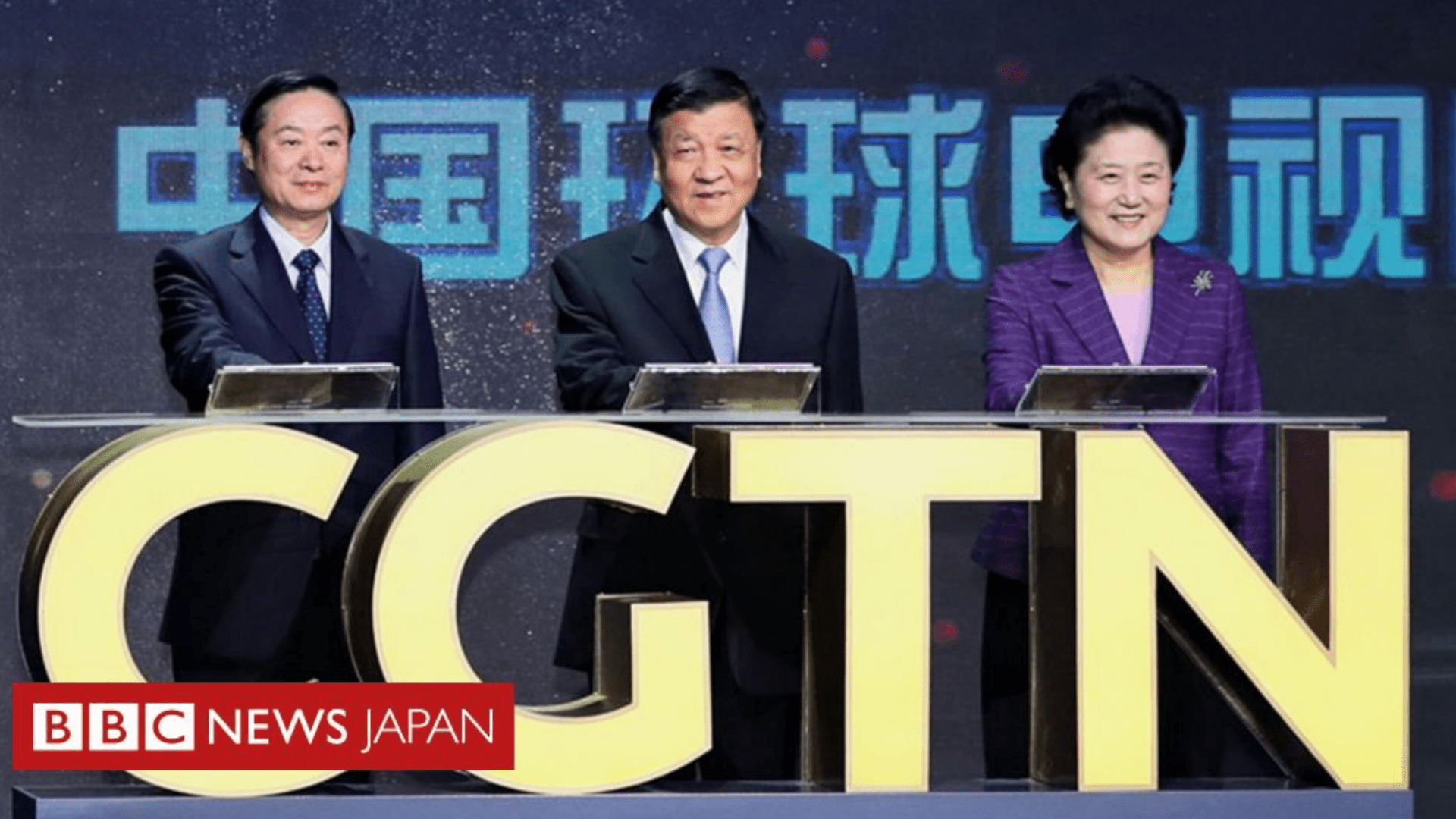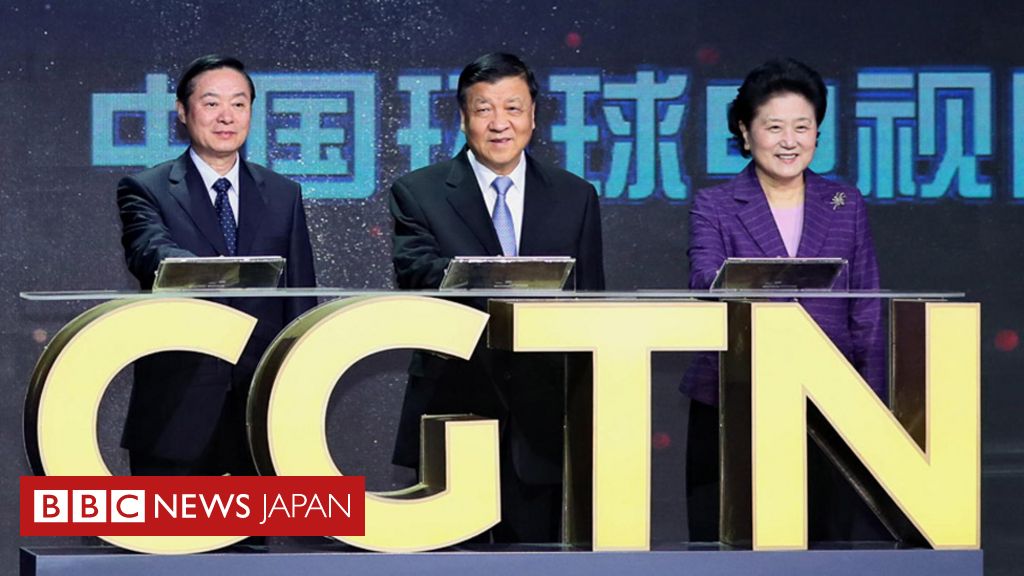
Chinese State Media Company Loses Licence to Broadcast in the UK
CGTN had its license revoked after ruling by communications regulator Ofcom
The Chinese state media broadcaster China Global Television Network (CGTN) has had its UK broadcasting licence revoked by Ofcom.
The decision was taken after Ofcom ruled that the news network was controlled by the Chinese Communist Party rather than Star China Media Limited (SCML), the private company holding CGTN’s broadcast license.

Chinese officials launched the international channel at the end of 2016. (Photo: BBC)
CGTN is an international, English-language satellite news channel based in Beijing owned by China Central Television. CGTN had been targeting more international audiences and hired dozens of staff for a London hub opened in 2018. The organisation’s London office is the headquarters for its European division, a key instrument in China’s attempt to expand influence and soft power in Europe.
However, in a statement released on 4 February, Ofcom stated that SCML did not have editorial control over the English-language satellite news channel and “does not meet the legal requirement of having control over the licensed service, so is not a lawful broadcast licensee”, Ofcom said. Moreover, none of the employees involved in CGTN’s decision-making, or day-to-day running the channel, appear to be employed by SCML. In the UK, broadcasting laws say licensees must have control over their service and its editorial policies.
Under UK broadcasting laws, organisations that hold broadcasting licences may be state-funded, but must not be controlled by political bodies. According to Ofcom, the organisation would be “disqualified from holding a licence, as it is controlled by a body which is ultimately controlled by the Chinese Communist Party, which is not permitted under UK broadcasting law”. Ofcom spent the last year pressing for information to understand what role the Chinese state-controlled broadcaster exercised over the station.
In 2020, Ofcom found CGTN had breached the broadcasting code by failing to preserve due impartiality in its coverage of the Hong Kong protest and by airing a UK citizen’s allegedly forced confession, prompting the NGO Safeguard Defenders to file a complaint with Ofcom.
In its statement, Ofcom said that it allowed CGTN a “reasonable period of time to come into compliance” before taking the decision to revoke its license, but CGTN had ”repeatedly failed to respond to important questions”. An application by CGTN to transfer the licence to an entity called China Global Television Network Corporation (CGTNC) was submitted in September 2020, but “crucial information” was missing from the application.
The withdrawal of CGTN’s license takes place amid a wider debate about the influence of Chinese state media around the world. This includes the presence of state media content in numerous high-profile newspapers. Over the past few years, Free Tibet and its allies in the Tibet movement have drawn attention to the presence of supplements and advertorials written by Beijing Review and China Daily, outlets under the direct control of the Chinese Communist Party, in several newspapers. The Telegraph, Economist and Wall Street Journal have all parted ways with China Daily and Beijing Review following the launch of the campaign.

